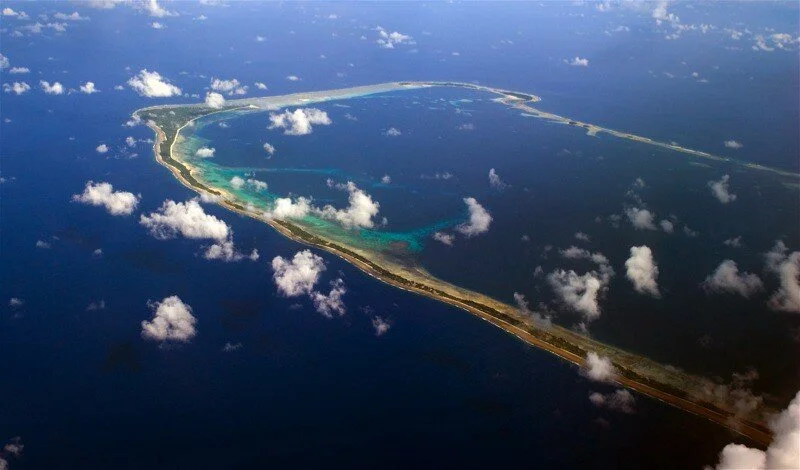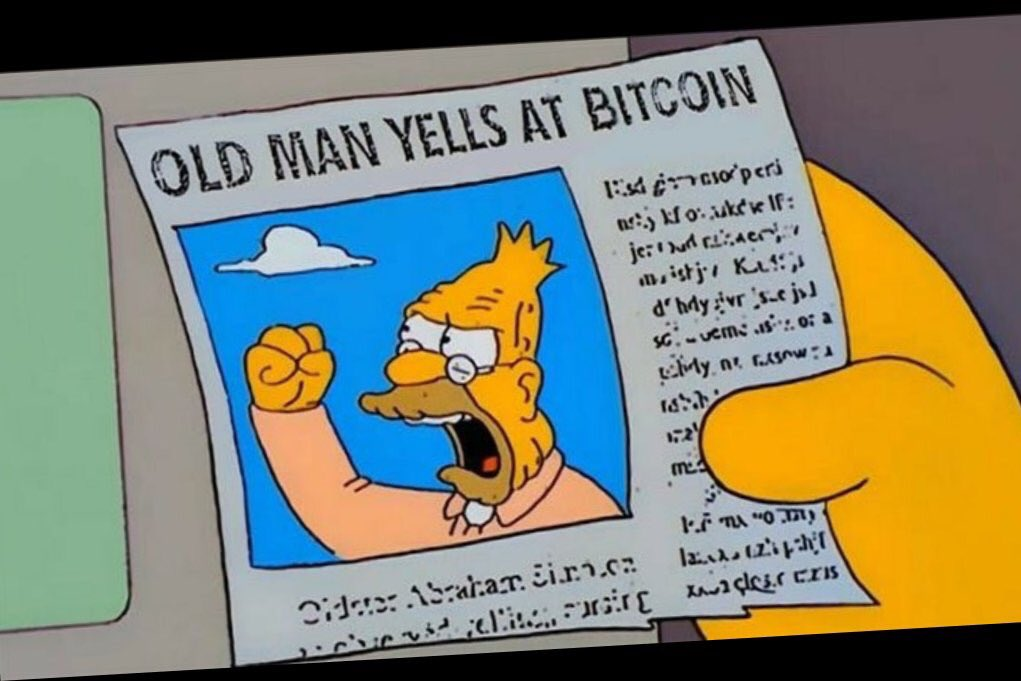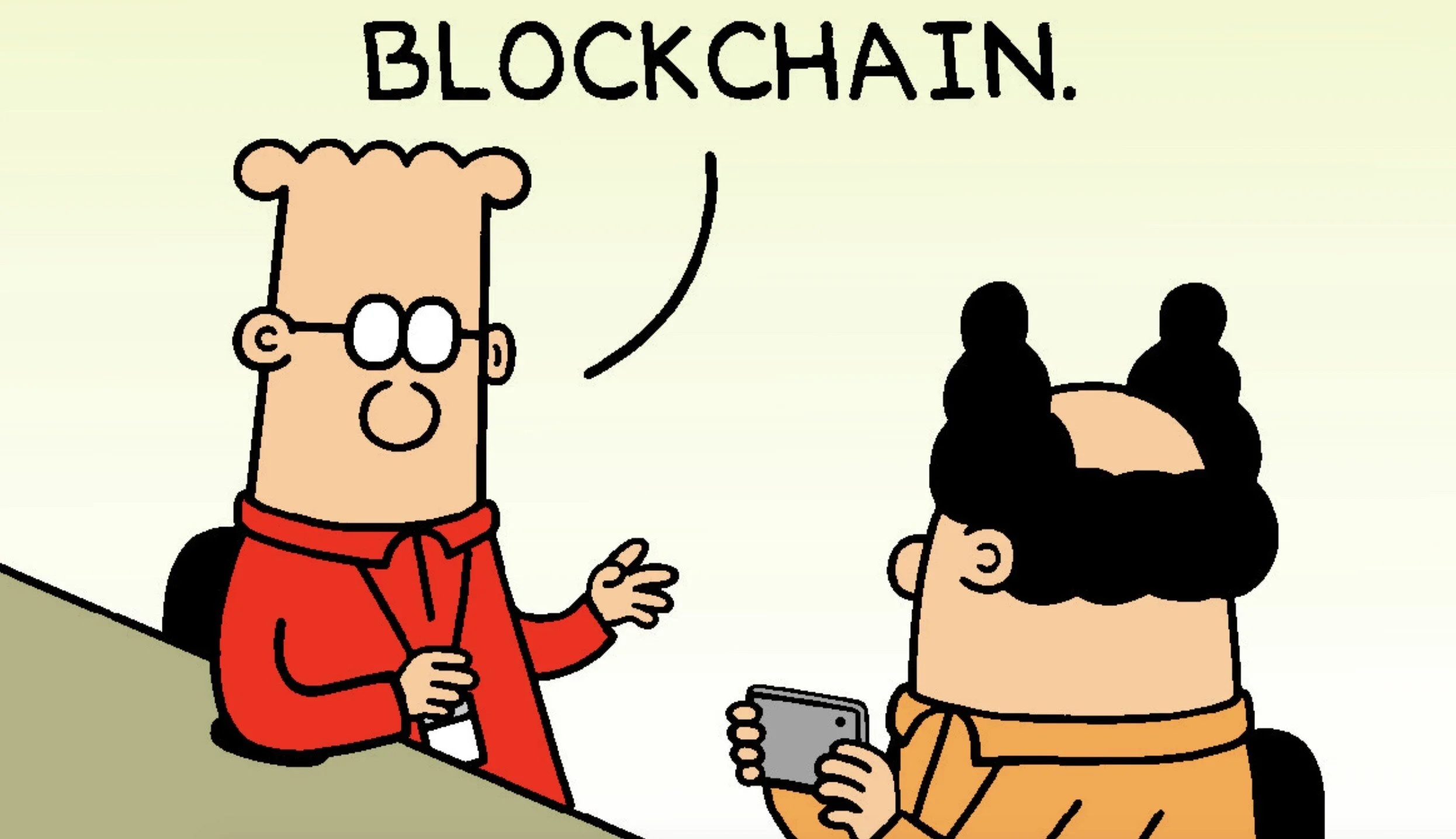Where on earth is ‘Crypto Paradise’, the Marshall Islands?
Big news this week in blockchain world, as the Marshall Islands announced the launch of the world’s first government-supported nationwide cryptocurrency. The currency, named the Sovereign (SOV), will be legal tender in the Pacific nation, with all transactions recorded on the blockchain, and moving between what they call ‘identified’ and ‘verified’ wallets (meaning a deep Know-Your-Customer — KYC process).
Many people’s first reaction, upon hearing this news, was to ask where and what the Marshall Islands was, and not without reason. The small and sparsely populated nation in the Pacific Ocean is not frequently in the news. Here I present a dose of useful information about cryptocurrency’s new best friend, and try to shed some light on why this fascinating development happened here, of all places.
The Marshall Islands has an international history — the islands were settled by Micronesians arriving in canoes over 4000 years ago. They were then conquered by Spain in 1592, sold to Germany in 1885, seized by Japan in 1920, and captured by the United States in 1944.
The Marshall Islands is a relatively new country — following World War Two, the United Nations allowed the USA to keep control of the Marshall Islands under a ‘trusteeship’. They finally became an independent nation in 1989. Thus, the institutions of the Marshall Islands are not as ingrained and established as those of other nations, potentially allowing them to be open to new technologies and ways of thinking, in a way that other nations cannot.
The Marshall Islands has a close relationship with the USA — shortly following independence, the Marshall Islands entered into a ‘Compact of Free Association’ with the United States. Under this agreement, the USA provides military protection and economic aid to the islands, and in return the Americans have the right to places forces and bases in the Marshall Islands. But this agreement goes even further — many federal agencies of the USA (FEMA, the US Postal Service, the FCC, and the FAA) operate in the islands just as they do in the domestic United States. An interesting consequence of this — some US government agencies may soon need to accept crypto payments in order to keep operating in the Marshall Islands.
The Marshall Islands does not have its own currency — just as the United States allows the islands to use many of their federal agencies, they also allow the usage of the US dollar as the Marshallese national currency. This may have made the adoption of the new SOV easier, since it’s not replacing anything that belongs to the country already. Indeed, Neema, the Israeli firm who developed the SOV, specifically sought out countries without their own national currencies to propose projects to.
The Marshall Islands is extremely friendly to Israel — partly as a consequence of the Compact of Free Association, the islands tend to vote together with the United States on issues at the UN. This has resulted in the Marshall Islands voting in a favorable way to Israel on many occasions in the past, when issues regarding the Middle Eastern state have been on the discussion table. Barak Ben-Ezer, the creator of Neema, said that when he was coming up with a list of potential countries to pitch his national cryptocurrency idea to, one of the first things he looked for was ‘countries that vote with us [Israel] in the United Nations’.
The Marshall Islands makes a lot of money from ‘shady’ business — the islands have a reputation for being a ‘tax haven’ and have been named repeatedly by the European Union as a home for people seeking to avoid paying national taxes. Another big business in the islands is the provision of ‘flags of convenience’ — allowing ships from other countries to use your nation’s flag, in order to avoid certain rules and regulations or to lower fees and costs. In this sense, the application of blockchain could be seen as an attempt to clean up the Marshall Islands’ murky business record. Alternatively, given that there has thus far been a strong correlation between ‘crypto-friendly jurisdictions’ and territories considered to be tax havens(Switzerland, Gibraltar, Isle of Man, Hong Kong, Singapore), the explanation may be quite the opposite.
BONUS: The Marshall Islands is owed over $2 billion by the US — the islands were a favorite destination for American nuclear weapons testing in the 1950s (Bikini Atoll is in the Marshall Islands), and many of the islands were rendered uninhabitable as a result. A tribunal ruled that the United States government needed to pay large sums of compensation, but most of this has not yet been paid. Imagine if this sum was paid in crypto! Yes, I know, the network would go down…
What do YOU think of the Marshall Islands’ ambitious plan to launch a nationwide cryptocurrency? Let me know in the comments below.
This post was imported from my Medium, which I used for blogging between 2015 and 2019.


